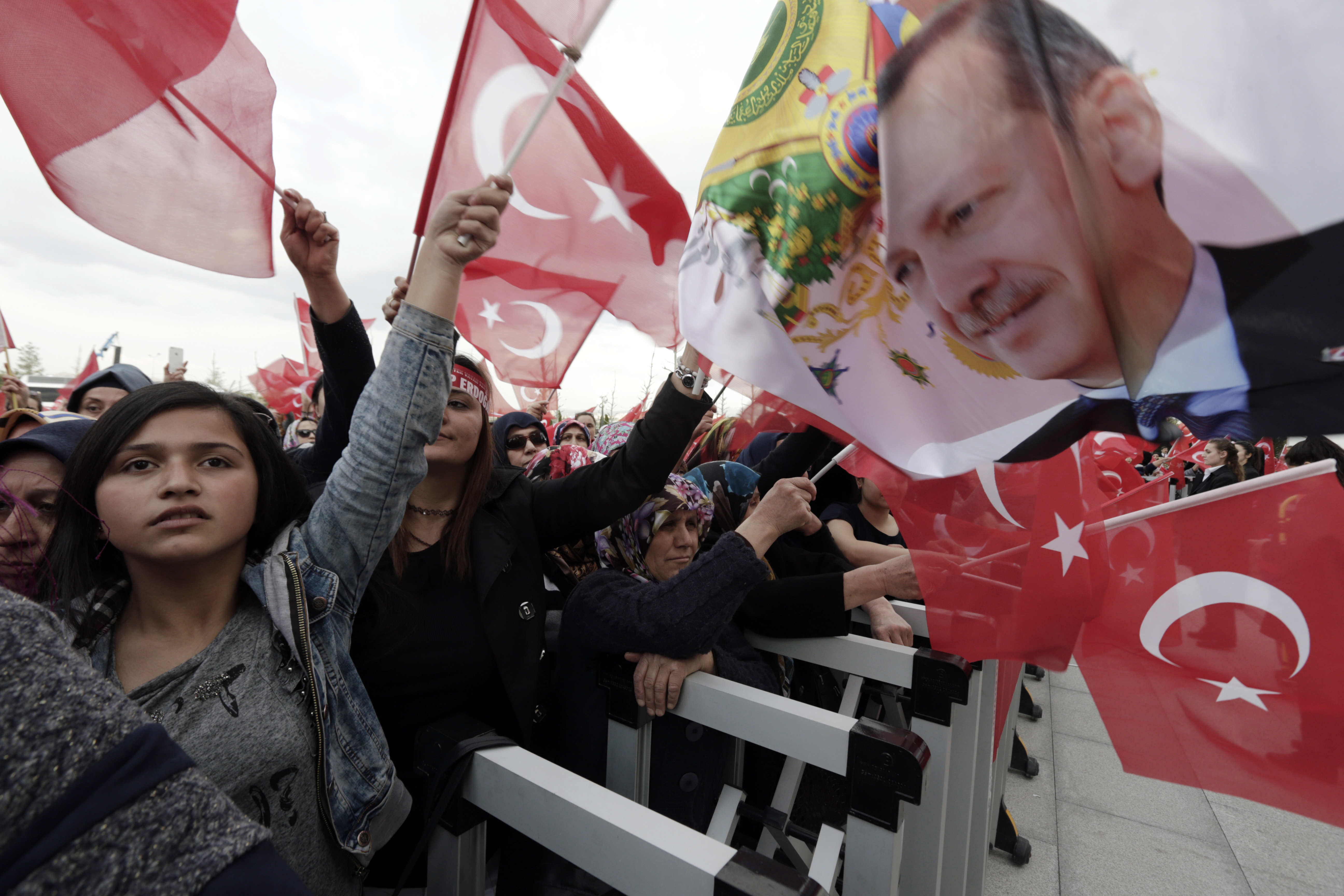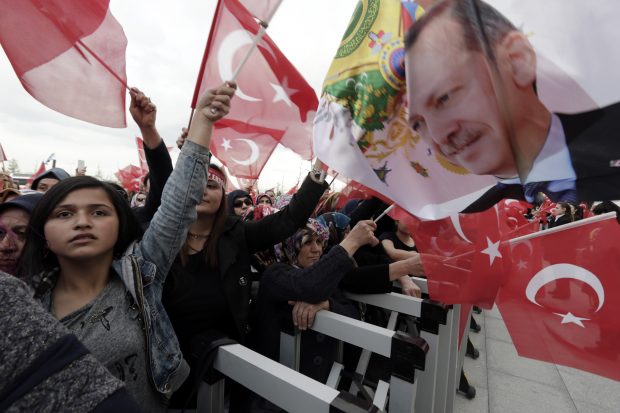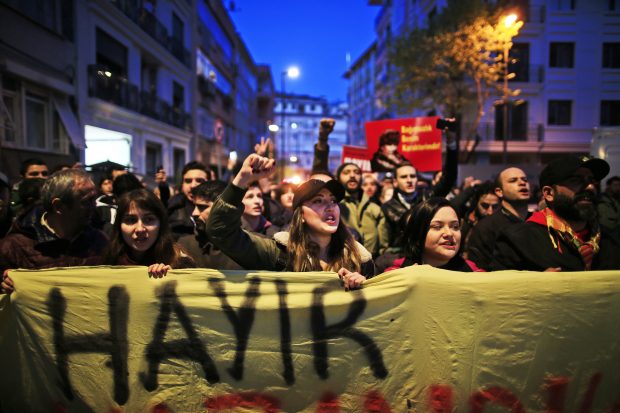
Dictatorship or Reform after Turkish Referendum?

A constitutional referendum was held in Turkey on 16 April 2017 on to approve 18 proposed amendments to the Turkish constitution. According to this initiative, the Prime Minister`s office would be abolished and the existing parliamentary system of government would be replaced with a presidential system.
‘Yes’ won with 51.39 percent of the vote and turnout across the country was 87 percent according to Anadolu Agency of Turkey.
The presidential system was firstly recommended in 2005 and AK Party officials supported this proposal. Today, the results of the referendum significantly increase the powers of Turkish President Recep Tayyip Erdogan. The change will allow the winner presidential elections in 2019 to have full control of the government.
Yes and No campaigns divided people into two parts during the process in Turkey which is an important partner of the US and Russia in the conflicted geography.

What are the changes?
New York Times has published a change list of the presidential system in Turkey:
The new system will, among other changes:
-Abolish the post of prime minister and transfer executive power to the president.
-Allow the newly empowered president to issue decrees and appoint many judges and officials responsible for scrutinizing his decisions.
-Limit the president to two five-year terms, but give the option of running for a third term if Parliament truncates the second one by calling for early elections.
-Allow the president to order disciplinary inquiries into any of Turkey’s 3.5 million civil servants, according to an analysis by the head of the Turkish Bar Association. (https://www.nytimes.com/2017/04/16/world/europe/turkey-referendum-polls-erdogan.html)
Background of the Process
After the coup in July 2016, Erdogan gave a response with a crackdown that has seen 47,000 people detained and nearly 200,000 people suspended from their jobs.
The critical process started with the desires of Erdogan to change Turkish bureaucratic system which was heavily influenced by Kemalist elites since the foundation of the republic in 1923. The rise of AK Party from 2002 opened a new page in the Turkish state system and conservative Islamist politics emerged.
Turkish analyst Selim Koru explains this process by saying, “The Islamists were left out of this (Turkish political system) because Turkey’s state ideology long considered them a threat. That is why they had to find other methods of governing when they came to power in 2002,” in his piece on Foreign Policy. (http://foreignpolicy.com/2017/04/14/erdogan-goes-for-the-death-blow-against-turkeys-bureaucracy/)
He lists the main circumstances such as the struggle between Kemalist-Islamist elites during the 2000s, Turkish army`s controversial e-memorandum in 2007 and corruption-bribe operations in 2013.
Between 2007 and 2012, high-ranking Kemalist officers of the Turkish Armed Forces had faced a series of trials and purges, under allegations of involvement in a secret society condemned “Ergenekon”. Supported by Gulenist prosecutors, security officials and media, the purges gave an opportunity to Islamist officers to assume high-ranking military positions.
In 2013, two great allies went into a big war and Gulenist group made an anti-corruption operation against Erdogan. This initiative failed and Erdogan gained a big power. He named this group as terrorist and until the failed military coup on July 2016, Erdogan made a big campaign against Gulenist group.
In July 2016, the military coup opened a new page in Turkish history. Erdogan consolidated his power with the support of people. The controversial initiators were named as the members of Gulenist group.
Erdogan used this opportunity and tens of thousands of public servants and soldiers were purged in the first week following the coup. This was followed by the dismissal, and detention of over 100,000 officials, a figure that had increased to over than 200,000.
Along with civil servants, a high number of journalists around, 162 names have been arrested on July 15, 2016.
2017 referendum which allows Erdogan to stay in office until 2029, can be accepted as the rise of Islamist politics in Turkey. Erdogan remains the only strong and powerful man in politics.


